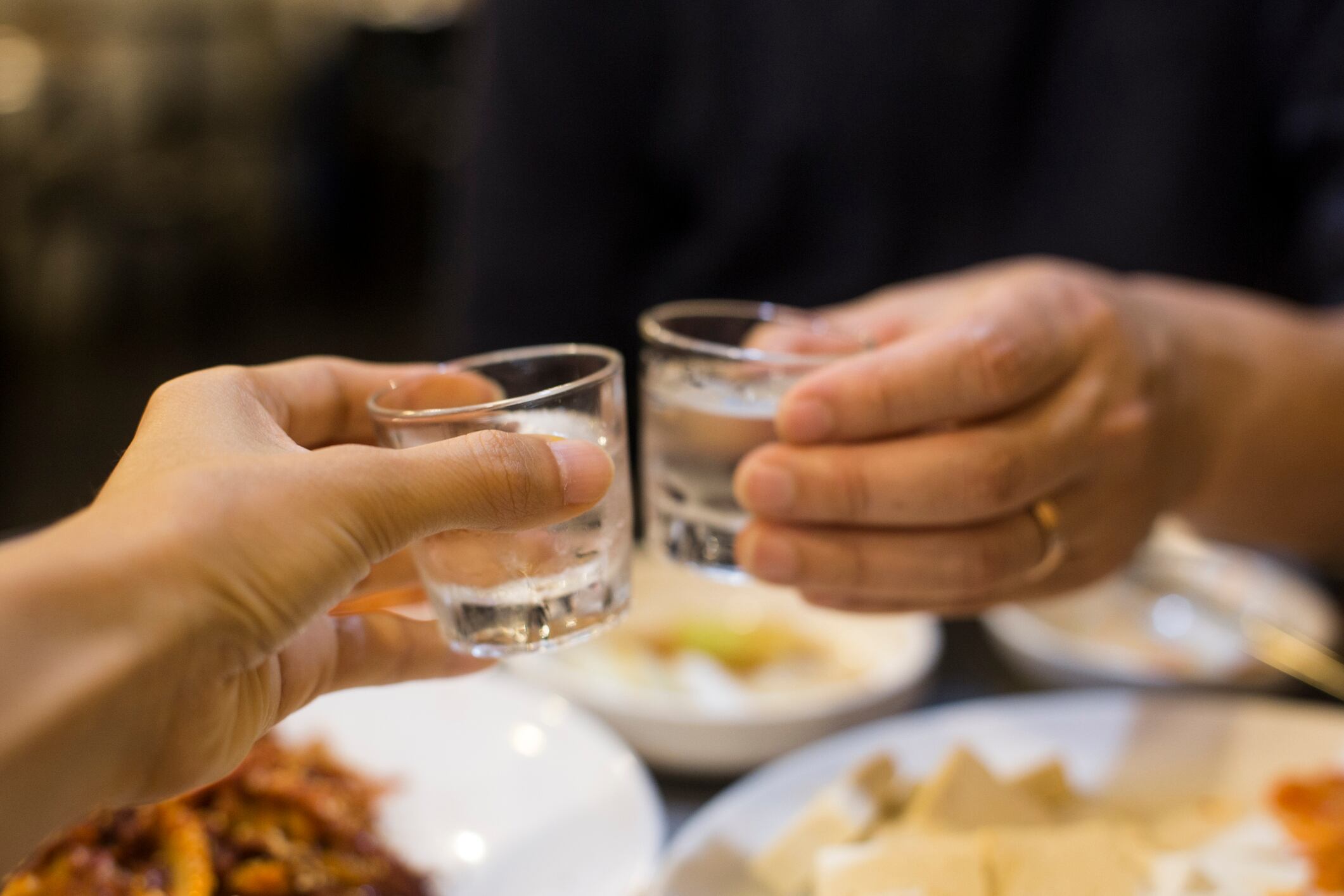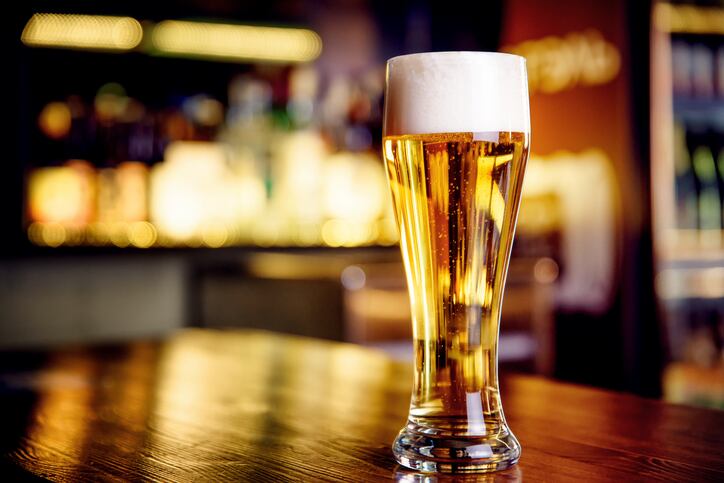Dapper, with slicked back greying hair and a kindly smile, Jong Hyun Nam peers out benevolently from the front of cans of Dawn 808.
For many, his face might the last thing they would want to see as they grapple with the misery of a filthy hangover. But Koreans do by the million, exhorting his effigy for deliverance from the exertions of the night before.
With some of the longest working hours and heaviest drinking habits in the world, Koreans are often in need of a workaround to make it though the drinking week.
According to the Journal of Korean Medical Science, some 6m South Koreans drink around 9m bottles of soju, a distilled liquor that can be drunk neat or mixed with beer, each day on average.
It is common for colleagues to accompany the boss for drinks at least once a month, and in some cases weekly, and these office gatherings tend to be rowdy affairs. Drinking etiquette requires that a person’s cup should never be left empty, and refusing a drink is often seen as rejecting generosity at these company-sponsored shindigs.
The following morning, it is considered good manners for staff to gather round the water cooler to bemoan the state of their heads. Doing so in a Korean office after a hoesik night signifies taking one for the team.
Despite a work culture that smiles on night-time excesses, it is poor form to allow a hangover to get in the way of work. This has spurred a unique industry that continues to blossom.
Haejanghada
Haejanghada translates as the practice of getting over a hangover, and is an important part of life in Korea. So-called hangover remedies, including pre-, during- and post-drinking beverages, chewing gums and pills can be found at every convenience store in the country. By some measures, two thirds of Koreans rely on these potions and tablets each year.
Dawn 808 was the first beverage in this category to come to market in 1998. A “patented and proven hangover solution”, the morning-after drink was developed over the course of 808 trials as its founder, Nam, sought a way to stimulate enzymes in the liver to break down acetaldehyde, the substance produced when consuming alcohol, more quickly.
Dawn 808 is one of three brands that command over 90% of the steadily-growing hangover drinks market, the others being Heotgae Condition, the sales leader, and Dong-A Morning Care. Dozens of other smaller brands fight it out for the remainder. Altogether, the hangover category, including beverages, pills and chewy treatments, generated revenue of more than US$170m last year following consistent annual growth of around 15%.
Sales at this time of year, due to an increased number of Christmas parties and family get-togethers, tend to spike by up to 30%.
Dawn 808, known as Yeomyung in Korean, is made from natural ingredients including hazelnut, liquorice root, gourd and honey. The drink can be consumed anytime before, during or after drinking, though its strong flavour makes many over-hung people vomit—its flavour draws heavily on the Korean saying, “good medicine is bitter to the mouth”. Other brands call on ingredients such as raisin extract, red ginseng, milk thistle, lotus and Korean pear juice.
Pear power
Korea’s boom in hangover drinks has been prompting a series of copycat brands to launch in other countries.
Potions such as Before Elixir, Resqwater and First Aid Shot Therapy have become established in the United States market, though they haven’t reached anywhere near the popularity their Korean counterparts have achieved. This is understandable in the face of homegrown hangover remedies, namely greasy breakfasts, lemon tea and paracetamol.
Korean-American entrepreneur Sisun Lee, sensing a market worth over US$110m, managed to secure backing for Morning Recovery, which last year was financed by venture capital firms to the tune of US$8m. The drink is meant to be consumed before bed after a night out, and was conceived after a visit by Lee to Seoul.
Another visitor to Korea who came back with an idea for a hangover remedy was Australian Tim O’Sullivan, who launched Bae Juice, named after the Korean word for pear, earlier this year.
There is evidence that pear can act on key enzymes involved in metabolising alcohol, helping the body feel better after too much drinking. In one study by Australian state research organisation Csiro, pears were shown to “speed up alcohol metabolism and elimination or inhibition of alcohol absorption” and reduce blood acetaldehyde levels.
Back in Korea, a new generation of youthful and relatively cheap products promising relief from hangovers are popping up on shelves and making waves in the market. Among them, mango flavoured jelly is catching on among young drinkers in the country.
Whereas in the past, the majority of hangover remedy consumers used to be men in their thirties and forties, these days far more younger people have been showing an interest, prompting these new products to target consumers of their generation.
Since its launch in 2014, Ready Q hangover cure jelly has also become one of the must-buy items for Chinese tourists when they visit Korea.
Thanks to the uptick in popularity, the company has been exporting some 80,000 packs a month to China, which it has eyes on for exports.
From herbal drinks to chewy sweets and therapeutic pills, the hangover cure market in Korea is continuing to thrive. It has become such a part of the national culture that those who cannot sleep away the pain of a thudding head can still find new ways to dull it the morning after.


